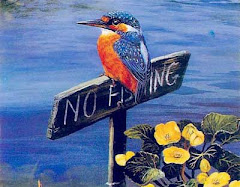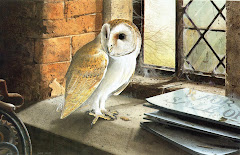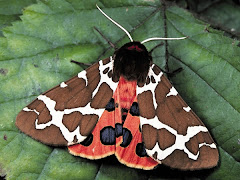
planten uit de hortensiafamilie (Hydrangeaceae).
Er zijn ongeveer 100 soorten verspreid over de hele wereld,
waarvan sommige in het wild voorkomen.
Vooral in China en Japan komen hortensia's veel voor.
Hortensia is een gevarieerd geslacht planten: er zijn
bladverliezende en groenblijvende soorten
en zelfs soorten die klimmen.

is a genus of about 100 species of flowering plants
native to southern and eastern Asia. By far the
greatest species diversity is in eastern Asia, notably China,
Korea, and Japan. Most are shrubs 1-3 m tall, but some are
small trees, and others lianas reaching up to 30 m
by climbing up trees. They can be either deciduous or
evergreen, though the widely cultivated temperate
species are all deciduous.
There are two flower arrangements in hydrangeas.
Mophead flowers are large round flowerheads resembling
pom-poms or, as the name implies, the head of a mop.
In contrast, lacecap flowers bear round, flat flowerheads
with a center core of subdued, fertile flowers surrounded
by outer rings of showy, sterile flowers. 
bloeiwijze. Er zijn grote, pluimvormige trossen
of schermen, bezet met vele bloemen.
De middelste daarvan zijn klein en vruchtbaar.
Deze kunnen zaad leveren. De bloemen aan
de buitenkant zijn groter, maar steriel.

verkleurt tot grauw rozeblauw als de grond niet zuur
en ijzerhoudend is. Daarom is het voor de kweek
van deze variant aan te raden zuurhoudende grond te gebruiken, evenals (kali)aluin of aluminiumsulfaat toe te dienen.
Andere variëteiten, zoals de roze versie van
Hydrangea macrophylla, hebben juist het omgekeerde nodig.

late autumn; they grow in flowerheads (corymbs or panicles)
at the ends of the stems. In many species,
the flowerheads contain two types of flowers, small
fertile flowers in the middle of the flowerhead, and large,
sterile bract-like flowers in a ring around the edge
of each flowerhead. Other species have all the
flowers fertile and of the same size.

light purple, or dark purple. In these species the exact
colour often mirrors the pH of the soil; acidic soils
produce blue flowers, neutral soils produce very pale
cream petals, and alkaline soils results in pink or purple.
This is the caused by a color change of the flower pigments
in the presence of aluminium ions which can be
taken up into hyperaccumulating plants.

te verleiden een bezoek aan de plant te brengen,
om zo het stuifmeel op de binnenste bloemen af te geven.
































4 opmerkingen:
Those pictures are beautiful.
Feel free to check out my blog at http://www.weeklylovesonnets.blogspot.com/
-Jacob
Wat een moie fotos van de hortensia.
Ik ben ook gek op die planten....ze zijn zooooo mooi!!
What amazing hydrangeas. I don't believe I've ever seen such vivid colors. You have a beautiful blog, I wish the lace caps and the lovely lavender would grow here in my area.
Marnie
Hortensia, een magische bloem... Prachtige foto's en het muziekje hier laat me weer wegdromen.
Een reactie posten